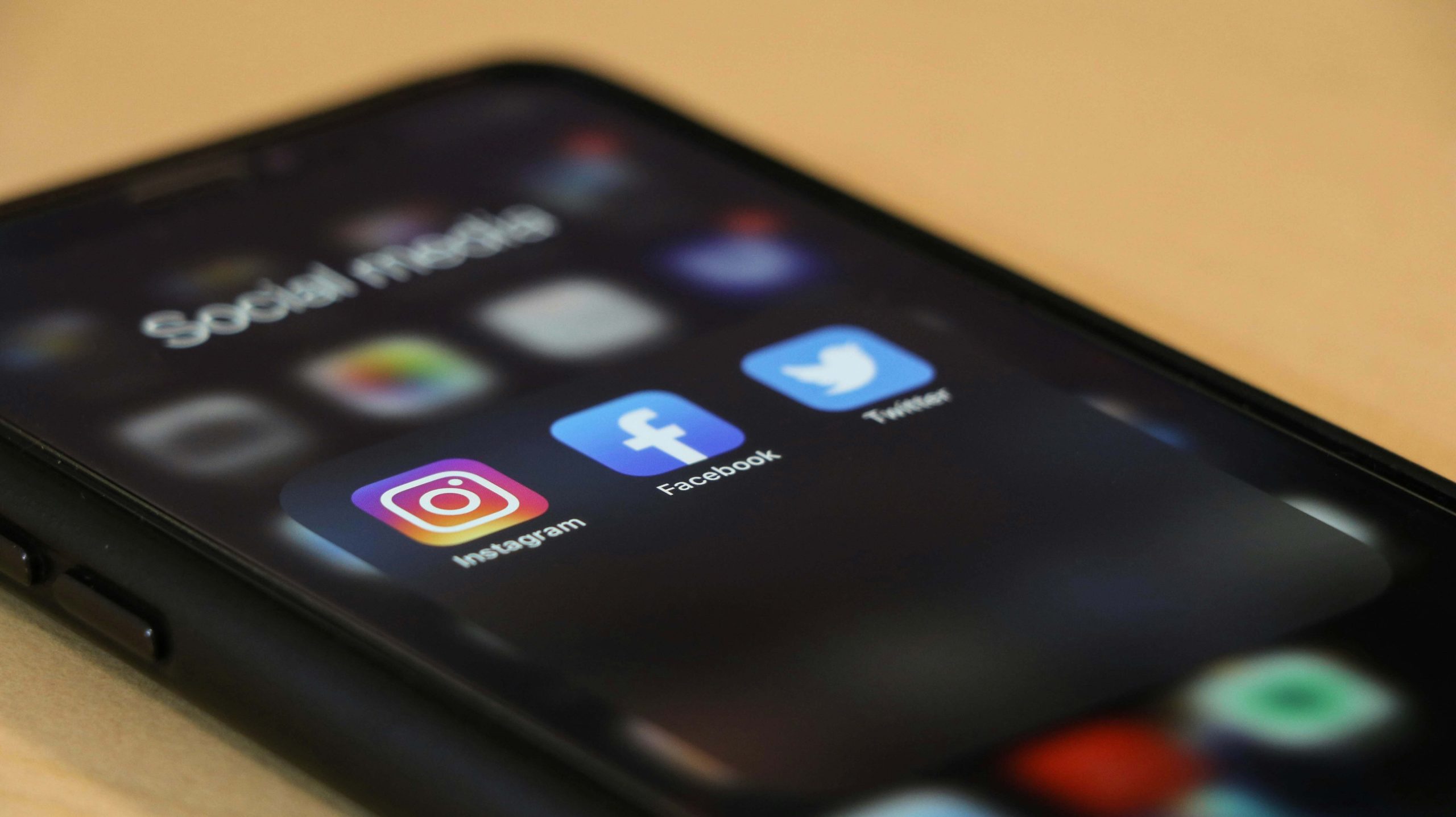Before coming to work at The Ripple Effect, I had a series of jobs that demanded a strict 9 to 5 schedule, day in and day out. The amount of time I’d spend thinking of things to do just to pass the time and contemplating on how much work I was actually doing during the working day played on my mind. Why couldn’t we have a 4 day work week? Was I actually being productive from 9 to 5, Monday through Friday? The answer was ‘of course not’ and it seemed to me like I was just wasting time.
In the 1890s, the average workweek for a full-time manufacturing employee was 100 hours. Now, working hours in the UK are limited by week in the Working Time Regulations 1998, with 48 hours a week being the maximum amount of time someone over the age of 18 can work. According to recent studies, in an 8-hour day, the average worker is only productive for 2 hours and 53 minutes.
So what is the point of the 9 to 5? Are we actually working productively and sustainably? Why are so many people burning out and struggling with work-related stress? Surely there is something to be done?
Here comes the 4 day work week. Almost a century after people worked 100 hours a week, there has been growing momentum for an even more condensed schedule. 4 Day Week Global, a group pushing for shorter workweeks worldwide, conducted research and trials into the 4 day work week finding that 83% of companies found it easier to attract talent, they reported a 25% increase in revenue over the previous year, and even had a 32% decrease in employee resignations. The 4 day work week has also shown to reduce anxiety and stress in employees, enabling better sleep, more time for exercise, and overall better mental health.
The “100 – 80 -100” rule applies here: workers hit 100% of their productivity targets in 80% as many hours, for 100% of their regular pay. Pilot studies were conducted in Spain, Portugal, South Africa and in the UK. Nearly half of firms (46%) who implemented this in the UK said working and productivity improved, and 89% of the organisations taking part in the pilot study are still operating the policy a year later. Almost all staff (96%) said their personal life benefitted and 86% felt that they performed better at work. Labour has also recently said that it wants to strengthen worker’s rights for more flexible hours.
We as a society are so obsessed with work and working, and are often proud of ourselves for prioritising work above anything else. The Covid pandemic changed people’s minds about how all-pervasive work should be and helped us realise that there are other more important things to prioritise. The term ‘work-life’ balance became even more important than ever, especially with many of our offices now being at home.
One of the biggest perks of working at The Ripple Effect is having a 4 day work week. I feel that having an extra day off, means I work harder during the 4 days that I do have. Do I have to be very intentional and switched on during the 4 day work week? Yes, but having a weekday off to clean the house, go for a run, go grocery shopping, attend an exhibition/course or just generally relax has been very beneficial for my mental health and motivation. Knowing that I need to get everything done in 4 days, means I get my head down and feel more motivated: the extra day off is a perk, a privilege, and it makes me want to work harder.
I do so much more with my personal time and use my three-day weekends to catch up on sleep. By the end of the three days I have off, instead of having the Sunday Scaries, I’m ready to go back to work, feeling refreshed and motivated for the week ahead. Especially with the cold weather approaching, getting an extra day to go outside is a big thing. A five-day schedule feels unjustified to me: you’re supposed to stay active, cook, clean, be social, take care of yourself and your mental health. How does one fit all of that into a five day workweek?
In my previous jobs, I couldn’t do all of the things that are important to me in a restful way. Even having some extra hours, I feel like there is a little bit more space for me. In a time when some companies surveil their workers and tie employee worth to output, this kind of freedom is quite liberating. Not only do I feel like my work and opinion is valued at The Ripple Effect, but so is my time. I feel more appreciated, productive, less stressed and overwhelmed. It feels like a chunk of my life has been given back to me.



